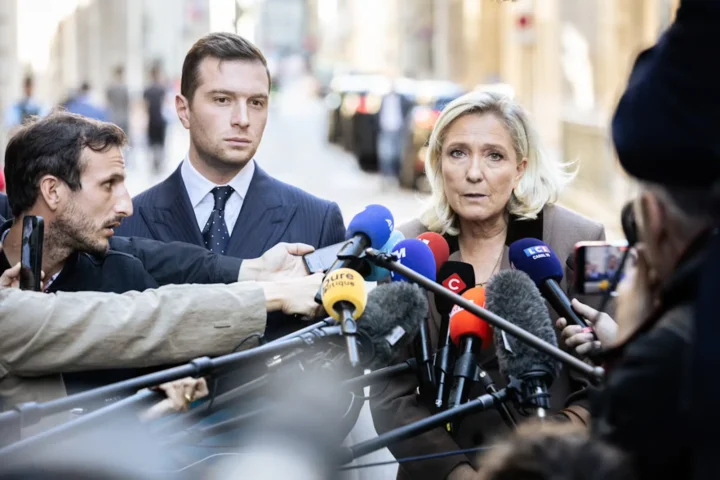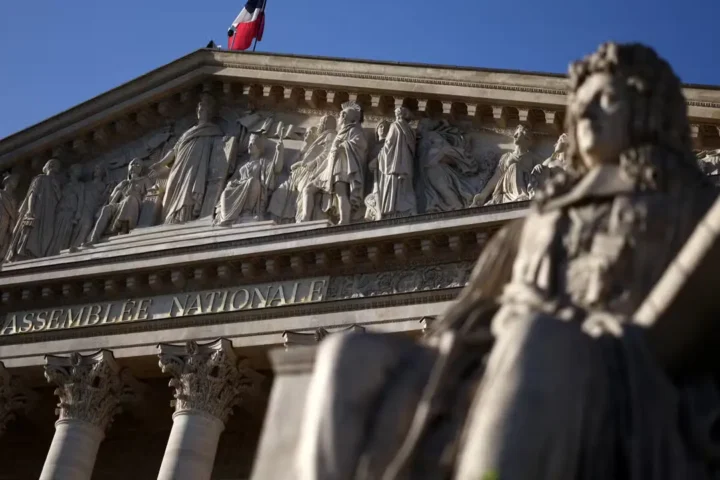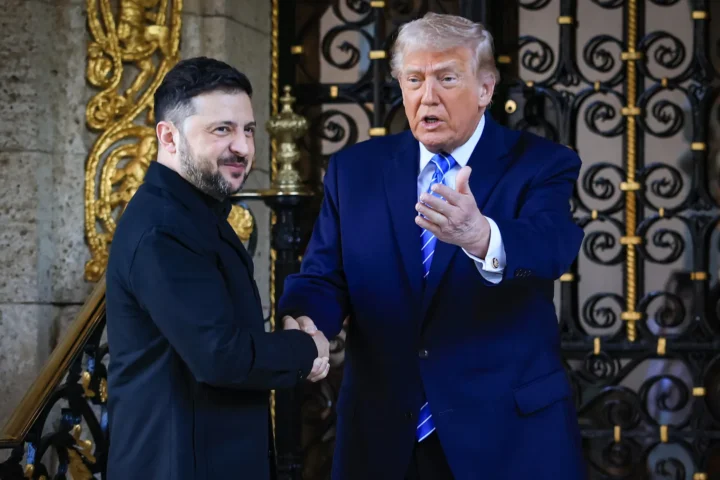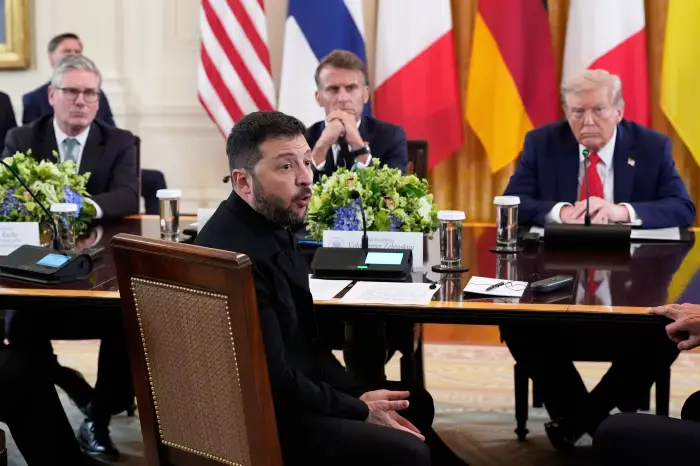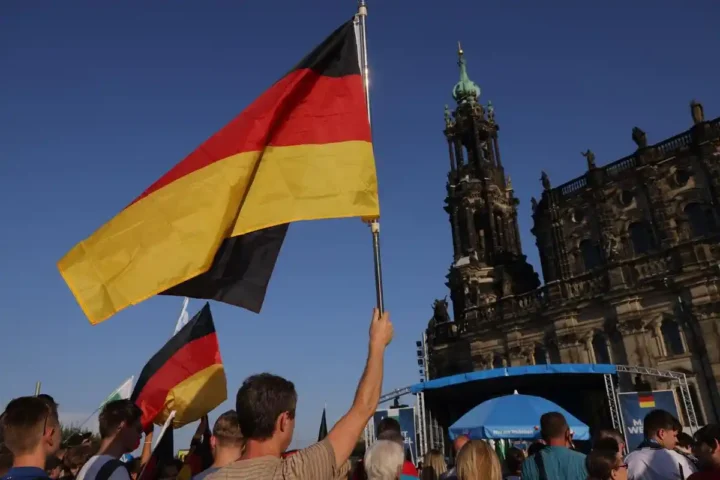In a rare moment of consensus amid a brutal and ongoing war, Ukrainian and Russian officials have agreed to conduct an all-for-all exchange of prisoners of war, including two specific categories: the severely wounded and ill, and soldiers aged 18 to 25. The agreement, struck during the second round of peace talks in Istanbul on Monday, also includes the exchange of 6,000 bodies of fallen soldiers.
The deal, confirmed by Ukrainian Defense Minister Rustem Umerov, who is leading Kyiv’s delegation, marks a potentially significant humanitarian gesture. However, deep divisions remain, and optimism is scarce.
“We’re doing this because we must — for the sake of our soldiers and their families,” Umerov said during a press conference. “But it doesn’t mean we trust the other side.”
A Thorny Path to Peace
The Istanbul meeting, brokered by Turkey, was brief — lasting about an hour — and overshadowed by recent battlefield developments, including Ukraine’s drone assault on Russian air bases just a day earlier. The operation, code-named “Spiderweb,” reportedly destroyed dozens of Russian strategic bombers and, according to one Ukrainian official, seemed to mute Russia’s usual “pseudo-historical” rhetoric.
Yet while prisoner exchanges have been a point of agreement, the broader road to peace appears fraught. Ukraine continues to call for a full, unconditional ceasefire, the return of all children forcibly taken to Russia, and the release of all civilian hostages. A proposal from Kyiv outlining these demands was submitted to the Russian delegation on Monday.
In turn, Russia has refused to agree to a general ceasefire, offering instead limited truces in certain frontline zones to allow the recovery of bodies. Vladimir Medinsky, the head of the Russian delegation, confirmed that medical commissions would be formed to verify and coordinate the POW exchange. However, he remained non-committal on the broader ceasefire Ukraine seeks.
The Children of War
One of the most emotionally charged issues remains the fate of hundreds of Ukrainian children illegally deported to Russia. Ukraine handed over a list of 339 names, urging their immediate return as a gesture of good faith.
But Medinsky dismissed the urgency of the matter, saying Moscow would evaluate each case individually. Ukrainian President Volodymyr Zelenskyy sharply criticized that stance, accusing Russia of indifference and cruelty.
“When we raised the matter of our abducted children, comrade Medinsky told us to leave ‘this show’ to childless European old ladies,” Zelenskyy said in a virtual briefing. “That’s the kind of compassion we’re dealing with.”
Competing Visions
Kyiv’s peace proposal, detailed in a document seen by POLITICO, asserts that any territorial discussion must be reserved for a future summit between Zelenskyy and Russian President Vladimir Putin. Ukraine also demands guarantees of sovereignty, freedom to pursue EU and NATO membership, and protections against future aggression.
In contrast, Russia’s newly released memorandum, published by its state-run TASS agency, reiterates long-standing demands: Ukraine must withdraw from four illegally annexed regions, demilitarize, abandon its NATO ambitions, and hold elections within 100 days of ending martial law. Moscow is also calling for recognition of its territorial gains and the lifting of all Western sanctions.
Zelenskyy denounced the list of demands as “another ultimatum,” further straining the already fragile talks.
U.S. Pressure in the Background
Zelenskyy has continued to push for stronger U.S. involvement, calling on former President Donald Trump to intensify sanctions against Russia should the talks stall. He warned that Russia might be leveraging the POW exchange to delay further punitive measures from the West.
“They know we care about our prisoners. They use it to pretend there’s progress — just enough to keep sanctions at bay,” he said.
Indeed, bipartisan discussions in Washington over new sanctions are reportedly underway, suggesting U.S. lawmakers may be growing impatient with the Kremlin’s maneuvering.
What Comes Next?
Both sides have agreed to review each other’s proposals over the coming week, with Kyiv proposing a leaders’ summit before the end of June. But with guns still firing on the front and mutual trust in short supply, even modest agreements feel precarious.
For now, the potential return of captured soldiers and the remains of the fallen may be the only tangible result from Istanbul — a small humanitarian advance amid a war that remains deeply entrenched.






